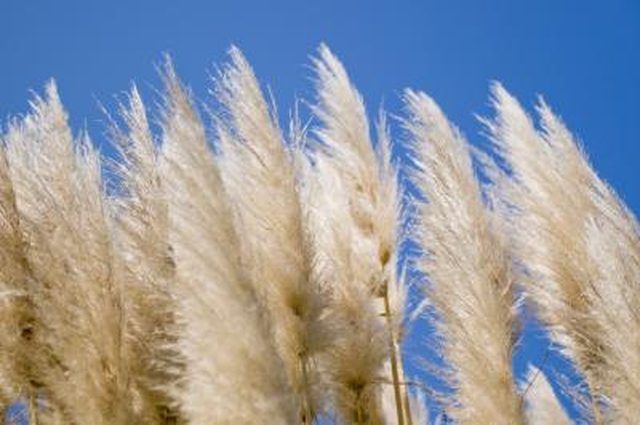Bulbs
Flower Basics
Flower Beds & Specialty Gardens
Flower Garden
Garden Furniture
Garden Gnomes
Garden Seeds
Garden Sheds
Garden Statues
Garden Tools & Supplies
Gardening Basics
Green & Organic
Groundcovers & Vines
Growing Annuals
Growing Basil
Growing Beans
Growing Berries
Growing Blueberries
Growing Cactus
Growing Corn
Growing Cotton
Growing Edibles
Growing Flowers
Growing Garlic
Growing Grapes
Growing Grass
Growing Herbs
Growing Jasmine
Growing Mint
Growing Mushrooms
Orchids
Growing Peanuts
Growing Perennials
Growing Plants
Growing Rosemary
Growing Roses
Growing Strawberries
Growing Sunflowers
Growing Thyme
Growing Tomatoes
Growing Tulips
Growing Vegetables
Herb Basics
Herb Garden
Indoor Growing
Landscaping Basics
Landscaping Patios
Landscaping Plants
Landscaping Shrubs
Landscaping Trees
Landscaping Walks & Pathways
Lawn Basics
Lawn Maintenance
Lawn Mowers
Lawn Ornaments
Lawn Planting
Lawn Tools
Outdoor Growing
Overall Landscape Planning
Pests, Weeds & Problems
Plant Basics
Rock Garden
Rose Garden
Shrubs
Soil
Specialty Gardens
Trees
Vegetable Garden
Yard Maintenance
Is Pampas Grass Toxic?
Is Pampas Grass Toxic?. Homeowners who have children and pets in their home must be careful when choosing landscaping plants for their yard or garden. Pampas grass is a good choice because it is non-toxic to animals and humans.

Homeowners who have children and pets in their home must be careful when choosing landscaping plants for their yard or garden. Pampas grass is a good choice because it is non-toxic to animals and humans.
Human Potential
Pampas grass is known by the botanical name Cortaderia selloana. According to the University of Arkansas, Division of Agriculture, pampas grass is not known to cause symptoms of plant poisoning if ingested by humans. However, any plant can cause allergic reactions or other adverse effects if ingested. Choking is a concern with plant ingestion, especially in children.
Animal Potential
The American Society for the Prevention of Cruelty to Animals states that pampas grass is non-toxic to dogs, cats and horses. Ingesting any type of plant material, however, can cause uncomfortable gastrointestinal symptoms such as diarrhea, depression and vomiting in animals.
Prevention/Solution
Pampas grass ingestion that causes severe or long-lasting symptoms in humans or animals requires an evaluation by a medical professional. Bring a sample of the plant with you to the doctor or veterinarian to ensure proper plant identification.